More and more Jews are choosing cremation. These rabbis aren’t happy about it.
According to one rabbi’s estimate, about half of American Jews are choosing cremation
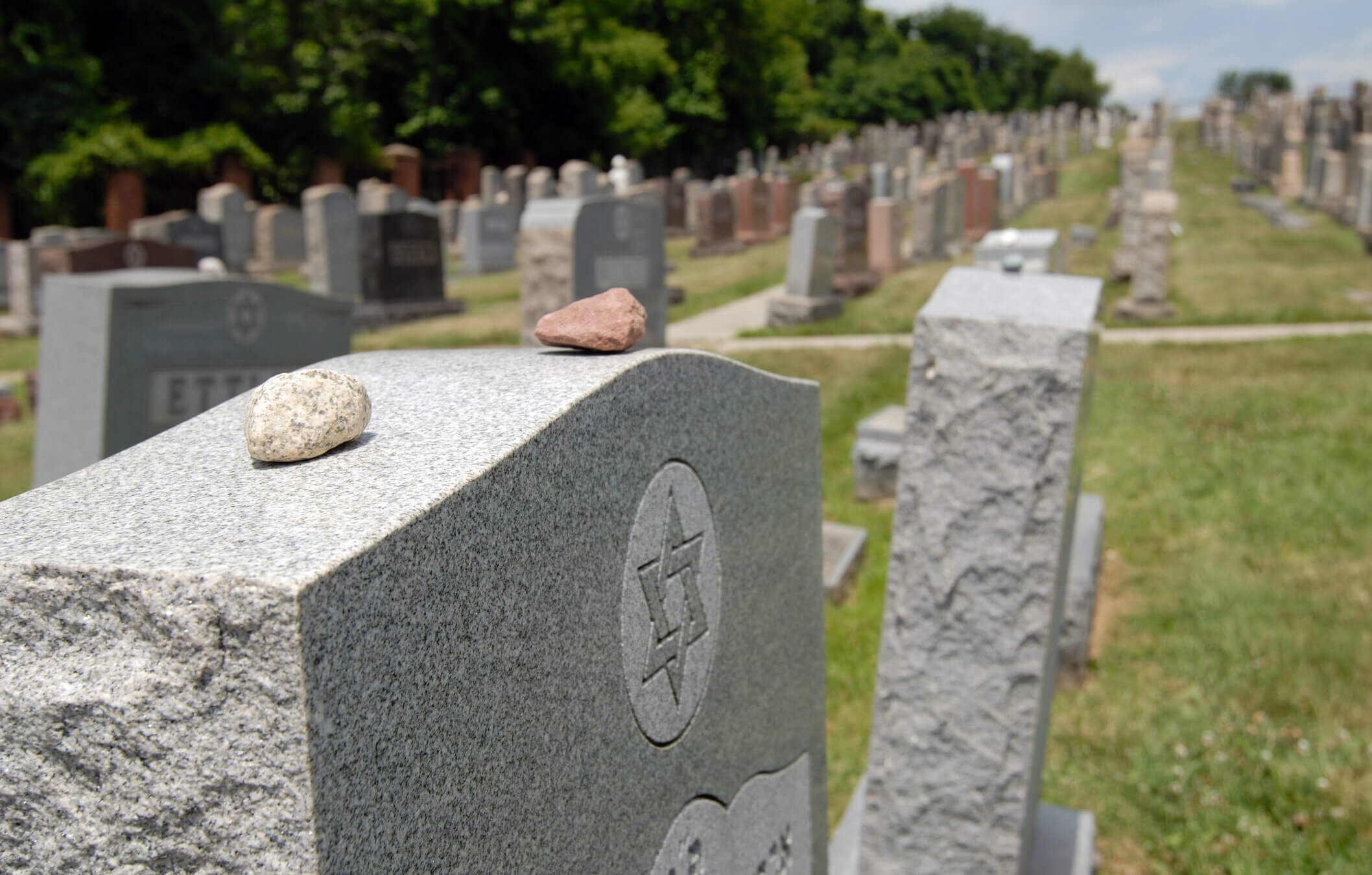
A Jewish tombstone. Photo by iStock
Ira Wechterman knows that Jewish tradition says Jewish bodies should be interred. It’s what he was taught, and what his own daughter, a rabbi and CEO of the Reconstructionist Rabbinical Association, encourages.
But Wechterman, 82, and his wife, Helene, 80, have decided they’re going to be cremated after they die. He sees cemeteries as a waste of land, and said he doesn’t tend his own parents’ cemetery plots but is pretty sure they don’t care about the weeds growing around their graves.
“I would rather have my children go to a place that was meaningful to us — they can go to any body of water and think of mother and dad sailing,” said the retired Long Island dentist who now lives in Deerfield Beach, Florida. “If my wife and I are cremated, we can have our ashes put into the Gulf Stream and eventually they will float up to Port Jefferson where we used to live.”
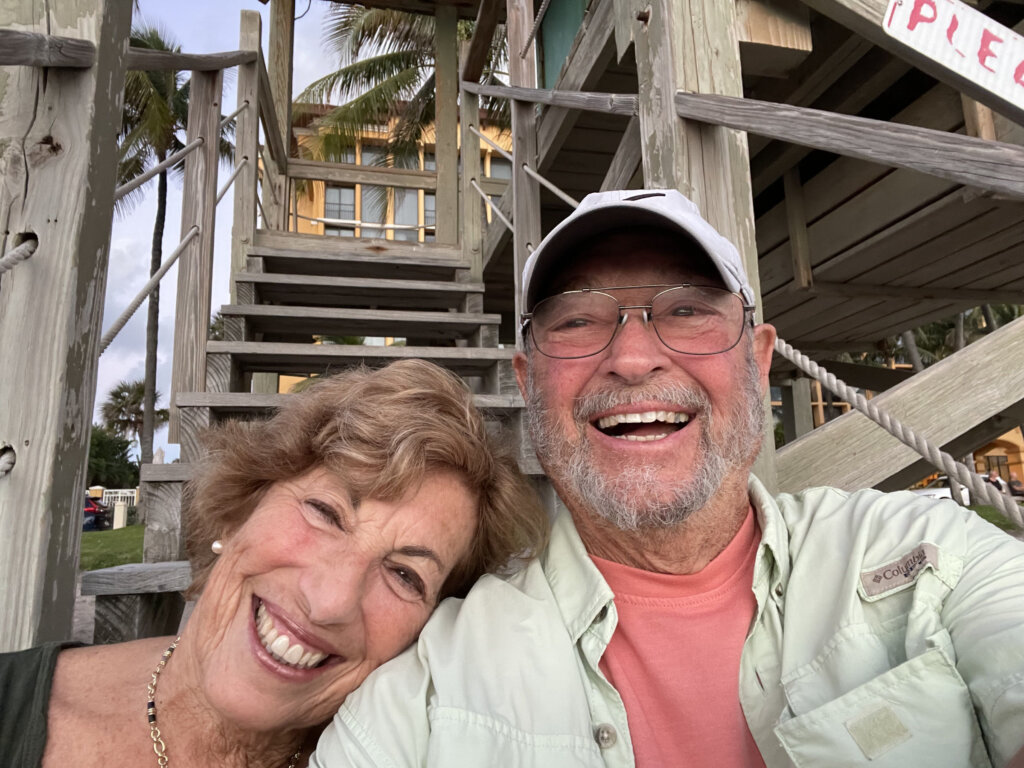
The Wechtermans’ choice is one more and more Americans are making. According to the Cremation Association of North America, more than half — 58% — of Americans who died in 2020 were cremated. The National Funeral Directors Association expects about 80% to be cremated by 2040.
Cremation figures for Jews are lower because a traditional Jewish funeral involves a burial. Even the more liberal streams of Judaism, including the Reform and Reconstructionist movements, call for it.
There are nuances among Jewish viewpoints. Orthodox Jews are more likely to describe cremation as unacceptable and a desecration. Jewish law “is unequivocal that the dead must be buried in the earth,” states a Chabad website. According to a Reform movement document, cremation should be discouraged, but in Biblical text “nowhere do we find an express prohibition of the burning of the corpse.”
What is clear across movements is that an increasing number of Jews are opting for cremation. There are no hard numbers on this. But rabbis, Jewish funeral directors and others who work closely with bereaved families are estimating numbers not far behind those for Americans in general. Some are trying to push back against the trend. A leader in this countermovement, Rabbi Elchonon Zohn, has called on rabbis to dedicate this coming Shabbat to combatting “the cremation crisis.”
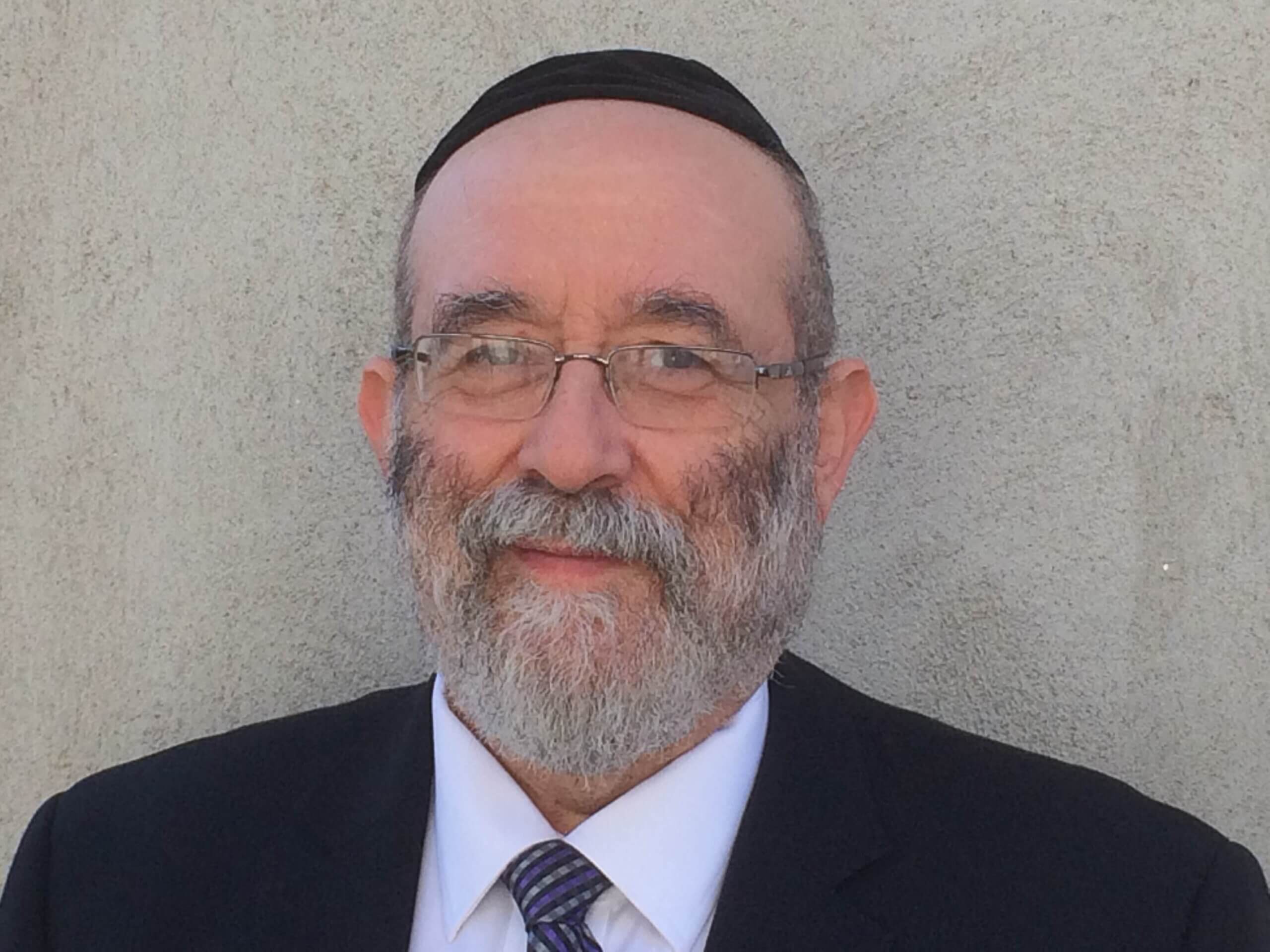
Zohn, who is Orthodox and the founder and director of the National Association of Chevra Kadisha, or Jewish burial societies, said that based on reports from members, about half of American Jews who die are cremated. It is growing “by leaps and bounds,” he said.
Among those who seek out Jewish burial societies, which tend to attract Jewish families seeking more traditional funerals, the numbers may be lower. But they are climbing, said Charles Hirschberg, of the Dallas Chevra Kadisha. About 20% of the families his group serves request cremation, up 50% in the last three years, he said.
These figures are far higher than the single and low-double digits that the Forward found 10 years ago when it asked clergy and others to estimate the number of Jews being cremated.
But Hirshberg, Zohn and others who want to dissuade Jews to stop choosing cremation are working against increasingly strong convictions within the larger Jewish community that people should be free to decide how they want to dispose of their bodies and that their families and clergy should support them.
‘The cremation crisis’
Zohn has organized a national campaign to “help all Jews choose burial.” Its website lists more than 650 synagogues in the U.S., Canada, Great Britain and Australia that are taking part.
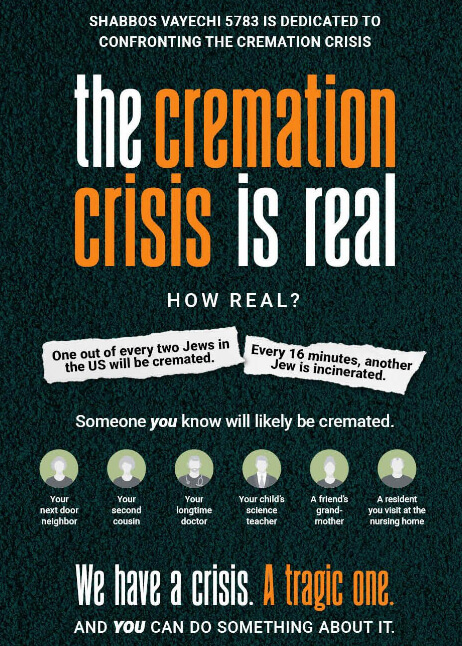
“Burial is not merely a Jewish ‘tradition,’” the website states, explaining that the mitzvah, or commandment, of burying the dead comprises two of the 613 compiled by Maimonides: “a positive commandment of burying a body, and a negative commandment of not leaving a body unburied.”
Zohn, who is hosting two webinars on the topic on Saturday night and Sunday, said he picked this Shabbat to dedicate to the cause because the Torah reading this week, Vayechi, deals with Jacob’s death and his directive to his children that he be buried in Israel and not in Egypt, where he was then living.
He also wants rabbis to talk to their congregants this weekend about other end-of-life issues, “purchasing a grave and about having a living will and life insurance.”
But Zohn and others who are trying to convince more Jews to choose burial also know they are up against compelling financial realities. In general, burial costs more than cremation.
“Ninety percent of the problem is that the cost of a funeral in Dallas is about $10,000 and the cost of cremation is $2,700,” said Hirschberg of the Dallas Chevra Kadisha. In response, his group is offering loans to families to shoulder the burden.
A 2021 study from the National Funeral Directors Association shows the median cost of burial to be closer to that of cremation, with a viewing and burial of a body at $7,848, compared to $6,970 for a viewing and cremation.
Jews who are trying to get other Jews to reject cremation also invoke the Holocaust, in which 6 million Jews died. Many of their corpses were burned in crematoria.
“From time immemorial Jews have avoided cremation,” Hirschberg said. “One of the reasons the Nazis used cremation is because they knew what a shanda” — a disgrace — “it was for Jews.”
Accommodating
A survey of the four major Jewish movements — Orthodox, Conservative, Reform and Reconstructionist — shows that all discourage cremation, some more strongly than others. All also indicate that there are rabbis within them who will take part in a memorial service for someone who was cremated.
Rabbi Avi Shafran, a spokesperson for Agudath Israel of America, a group that represents Orthodox Jews, said that while he believes some Orthodox rabbis might decline to speak at a memorial service for a person who was cremated “as a matter of principle,” others would agree no matter the plans for the body. He also noted that Judaism does not call for a rabbi to be present at a Jewish burial.
The Reform movement has changed its position on cremation over the years, and not in the direction some might expect. In past years the movement had considered cremation permissible, but a recent responsum, or response to a query on the subject, from the Central Conference of American Rabbis calls for its members to “discourage” the practice. The position is based upon two threads of argument: that burial is the traditional Jewish practice and that, since the Holocaust, cremation has become associated with “one of the darkest periods in Jewish and human history.”
And “every rabbi can respond to requests for cremation based on their own understanding of tradition, Jewish history, the needs of the family, and their own conscience,” said Tamar Anitai, a spokesperson for the conference.
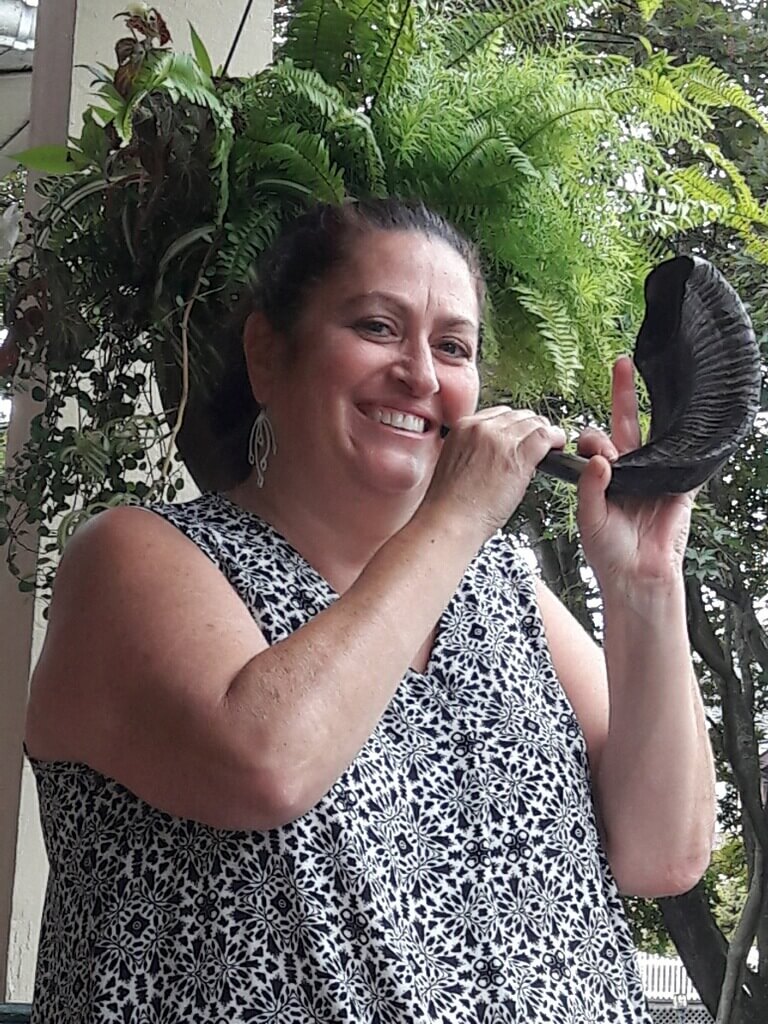
The Conservative movement holds that cremation “should be discouraged, but it is not formally forbidden,” according to Rabbi Jeremy Kalmanofsky, spiritual leader of Congregation Ansche Chesed on the Upper West Side of New York City. His writings on the subject were adopted by the movement’s Committee on Jewish Law and Standards.
Rabbi David Steinhardt, spiritual leader of Congregation B’nai Torah in Boca Raton, one of the largest Conservative congregations in Florida, takes a stance on cremation that many rabbis favor — keeping a distance from the process but embracing the family that chooses it. He said he will preside at a service for a person whose body was cremated, but only after shloshim, the 30 days following a funeral.
Rabbi Elyse Wechterman of the Reconstructionist movement said she will officiate at the funeral for a person who is to be cremated, reasoning that “just because there wasn’t a traditional burial, does not mean the mourners can’t have traditional mourning.”
She said she has seen tahara, the traditional washing of the body, performed in advance of a cremation. And she notes a case in which someone donated his body to science and research. “What came back six to eight months later were cremated remains and the family then had a funeral to make sure those remains were buried.”
Wechterman refers to her parents, Ira and Helene Wechterman, when she explains her willingness to serve families who have chosen cremation. It is a choice she would not make, she emphasized, but one she will honor.“So I approach it with an eye towards Jewish tradition and a pastoral response,” she said. “The key is flexibility with an eye on kavod hamet, honoring the deceased and comforting the mourners.”
Correction: An earlier version of this story misstated Rabbi Elyse Wechterman’s title. Her correct title is CEO of the Reconstructionist Rabbinical Association. It also stated that many Jews were killed in crematoria during the Holocaust. Crematoria were used to burn the bodies of Jews murdered by the Nazis in gas chambers.

















